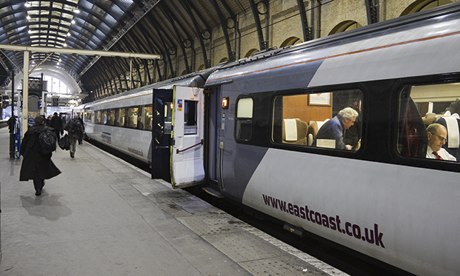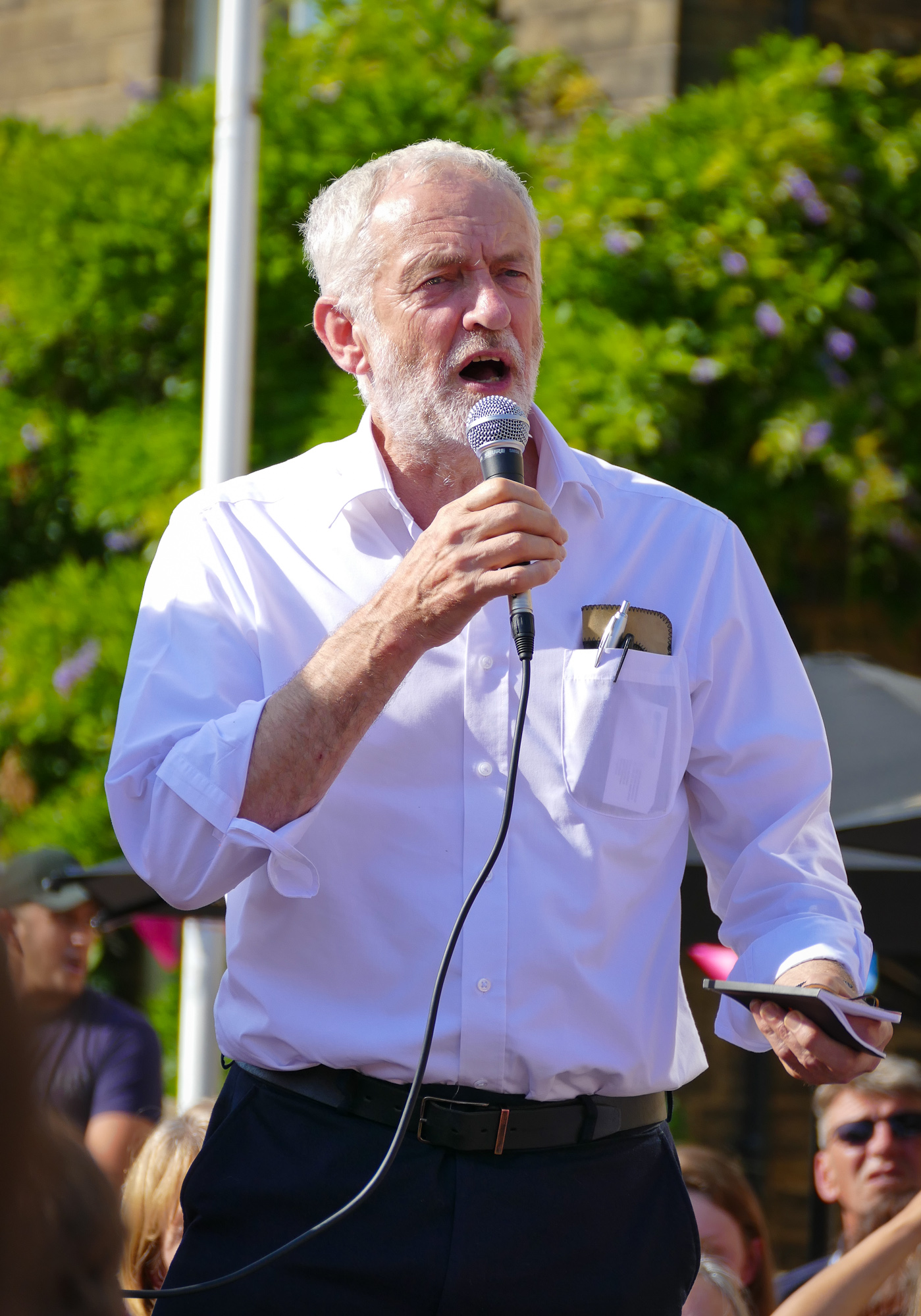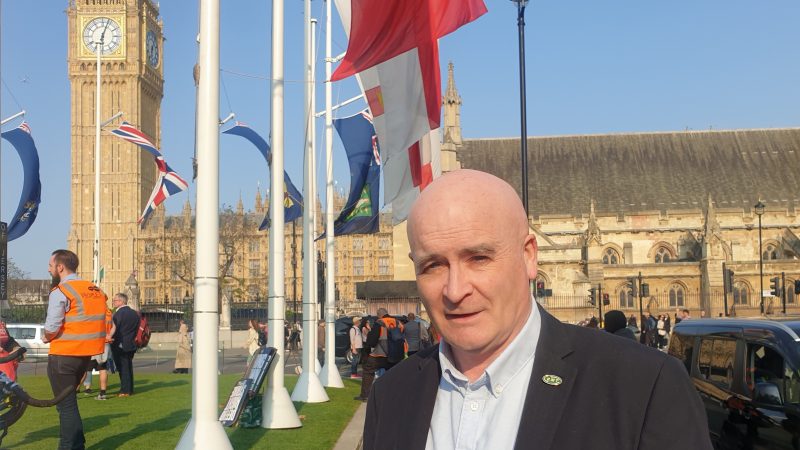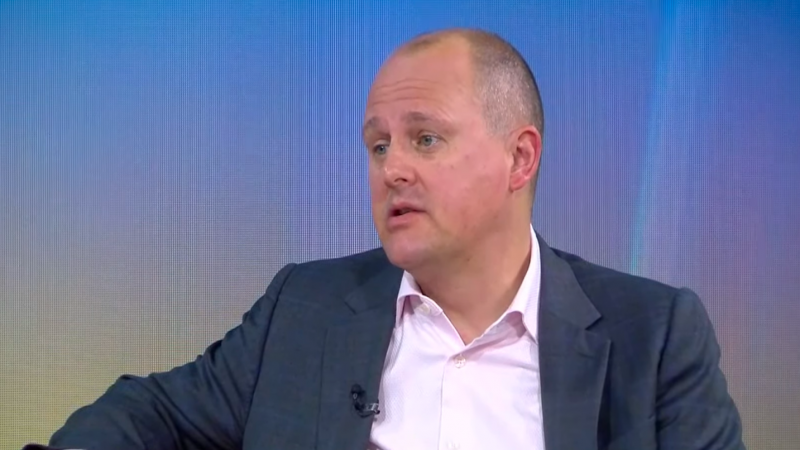Acorn target three arms companies supplying weapons to Israel
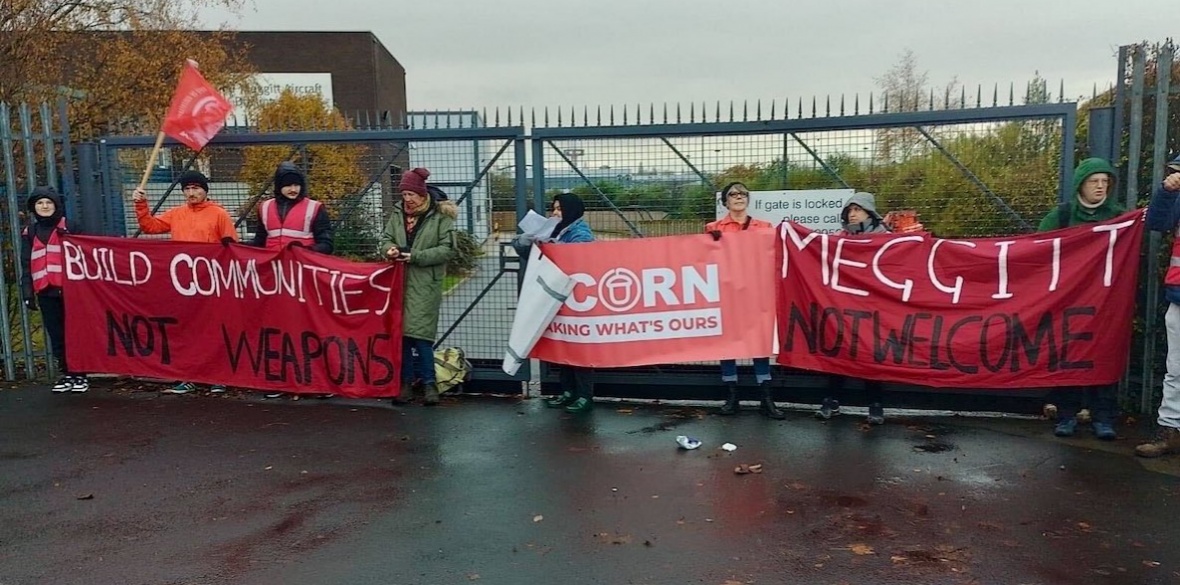
THREE British arms firms supplying Israel with weapons were blockaded today when activists, local community members and tenants’ union Acorn went into action in defence of Gaza.
Acorn is active in towns and cities across Britain fighting on issues such as tenants’ rights, public transport and the cost-of-profits crisis.
Activists targeted weapons manufacturers in Birmingham, Bristol and Leeds today.
In Birmingham, the entrances to aerospace and defence manufacturer Meggitt were blocked; in Bristol, protesters turned away workers at defence and security manufacturer Leonardo; and in Leeds, the offices of BAE System were blockaded.
All three firms manufacture or provide components and systems for military aircraft being used in the bombardment of Gaza.
Acorn chairwoman Chelsea Phillips said: “Acorn will not stand by while entire communities are obliterated while ordinary people just like us are murdered in their tens of thousands by the Israeli government with the support of our government and using horrific weapons of war built by British companies.
…
